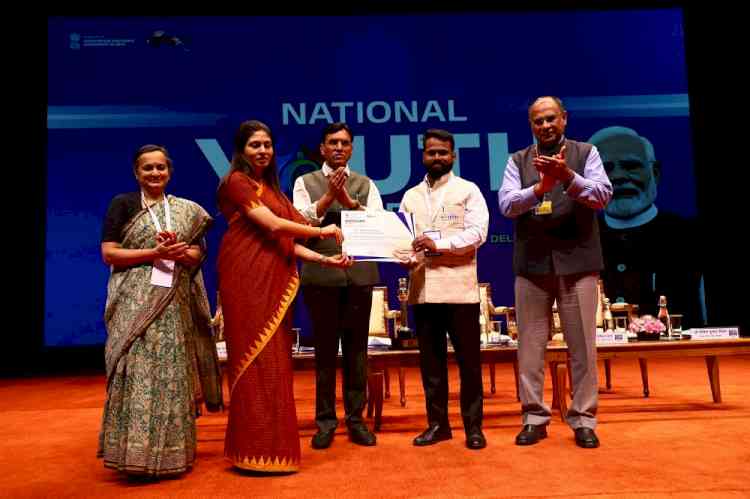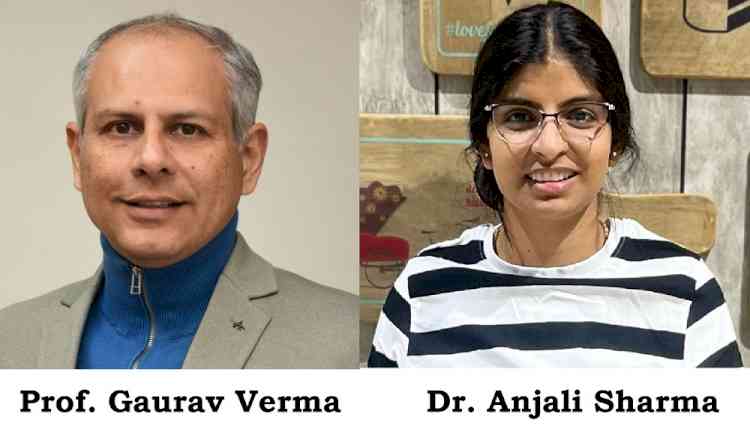Equality claims more important than diversity claims
Professor Harihar Bhattacharya delivers public lecture

Chandigarh: Professor Harihar Bhattacharya of Burdwan University, currently UGC visiting fellow in the Department of Political Science, delivered a public lecture on the theme 'Federalism in Asia: Ethnicityand Beyond'.
Professor Bhattacharya argued that one needs to make a distinction between federalism as an idea and as a process. As an idea or concept, federalism stands for self rule/shared rule. In institutional terms, a federal polity must have two tiers of government, written constitution, written distribution of powers, independent judiciary and inter-government institutional coordination. India fulfils all these criteria though there have been challenges on the last one. A diverse society like India which is a living democracy should adhere to the both to fulfil the federal promise that was enshrined in the 1920 Nagpur Session resolution and in 1928 Nehru Report.
He observed that for the success of federalism to hold ground it is necessary to recognize and accommodate diversity claims but far more important is to meet the equality claims of ethnic communities. The countries of Asia, very diverse on ethnic, linguistic and territorial basis, need to draw lessons from India which has not only recognized, accommodated but also given representation to the ethnic-linguistic communities. He referred in this context the constitutional recognition of different Indian languages, creation of linguistic states, asymmetrical federal provisions enshrined in the fifth and sixth schedules and also Article 371 and panchayati raj institutions. The failure of countries like Sri Lanka and Pakistan has been the inability of their political regimes to give adequate democratic space to the peripheral regions and peoples and therefore violate the principles of self-rule/shared rule. Even when there has been attempt like 18th amendment to the Pakistan constitution or new Nepalese constitution they have remained on paper.
To some extent the problem also is in India as Panchayat bodies as the third tier of federal system remain bereft of finances and power to fulfil their constitutional mandate. Also creation of new states or district councils have often been made with political/electoral motives and not on objective grounds without considering the administrative and financial costs it entails. The administrative federal structure brings the importance of the state bureaucracy and also respective states' political regimes' ideology and support base determines the success of a state like Kerala and West Bengal.


 cityairnews
cityairnews 








